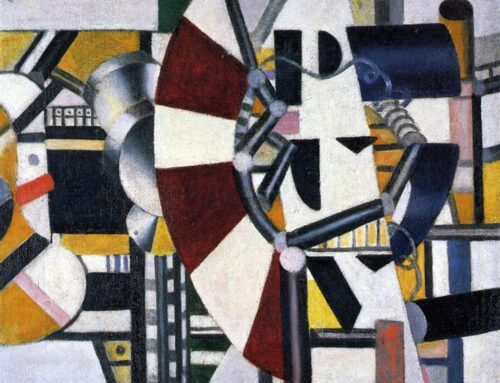Reflections on the unity of knowledge: with thoughts on its fragmentation in the modern age.
All religions, arts and sciences are branches of the same tree. All these aspirations are directed toward ennobling man’s life, lifting it from the sphere of mere physical existence and leading the individual toward freedom. It is no mere chance that our older universities have developed from clerical schools. Both churches and universities—insofar as they live up to their function—serve the ennoblement of the individual. They seek to fulfill this great task by spreading moral and cultural understanding, renouncing the use of brute force.
The essential unity of ecclesiastical and secular institutions was lost during the 19th century, to the point of senseless hostility. Yet there never was any doubt as to the striving of culture. No one doubted the sacredness of the goal. It was the approach that was disputed.
The political and economic conflicts and complexities of the last few decades have brought before our eyes dangers which even the darkest pessimists of the last century did not dream of. The injunctions of the Bible concerning human conduct were then accepted by believer and infidel alike as self-evident demands for the individuals and society. No one would have taken seriously who failed to acknowledge the quest for objective truth and knowledge as man’s highest and eternal aim.
Yet today we must recognize with horror that these pillars of civilized human existence have lost their firmness. Nations that once ranked high bow down before tyrants who dare openly to assert: Right is that which serves us! The quest for truth for its own sake has no justification and is not to be tolerated. Arbitrary rule, oppression, persecution of individuals, faiths and communities are openly practiced in those countries and accepted as justifiable or inevitable.
And the rest of the world has slowly grown accustomed to these symptoms of moral decay. One misses the elementary reaction against injustice and for justice—that reaction which in the long run represents man’s only protection against a relapse into barbarism.
Albert Einstein, “Moral Decay” (1937) in Out of My Later Years
For other posts on Einstein, see here






Leave A Comment